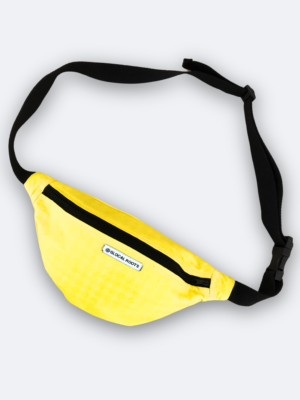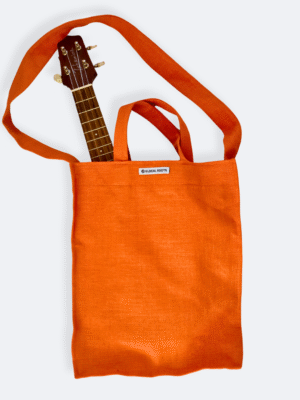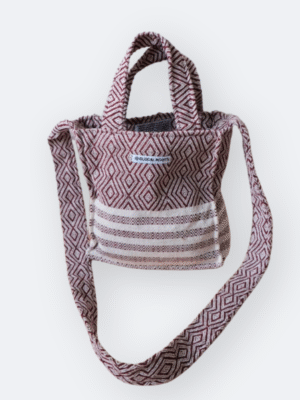Glocal Insight
Kos: Divided by invisible borders
Since the Easter weekend, one of the most important celebrations in the Orthodox calendar, Kos has transformed its face. As every spring, shopfronts have been freshly repainted, restaurants along the harbour have reopened, terraces are filling up, and the air is filled with a mix of languages. The return of tourists brings small businesses back to life, rekindles the enthusiasm of restaurant owners, and infuses the island with the seasonal energy locals know so well.
But just a few kilometres away, in another Kos, doors don’t open with the same warmth. For those who cross the sea seeking asylum, there’s no ouzo toast to welcome them. In this microcosm of the Aegean, two kinds of travellers coexist: some are welcomed, served, pampered; others are ignored, monitored, and sidelined.
While tourism season means prosperity for the island, it also relies on workers who remain largely invisible. Behind hotel doors, in back kitchens, and along the corridors of guest floors, they keep this booming industry running, without ever being featured on the postcards. Among these invisible hands are many displaced people.
As the season resumes, new job opportunities open up. One might hope this marks a path toward integration. For people on the move, finding a job is vital – not only a financial necessity after having spent unimaginable sums just to reach Europe, but also a way to occupy their days, regain a sense of dignity, and begin forging bonds with the host society. And yet, many of the same barriers that hinder integration also stand in the way of employment: language, xenophobia, and stubborn social perceptions. These are the factors that seem to disappear when the traveller, wallets full, arrives from Geneva, Frankfurt, or Amsterdam.
This double standard in how “foreignness” is perceived is revealing. It suggests that displaced people are not a burden on the Greek economy, but a missed opportunity. Their contribution to the tourism sector, an economic pillar of the Dodecanese islands, is real, daily, and valuable. Some of them are even returning to Kos, called back by employers pleased with their work from the previous year. A discreet yet genuine form of recognition: proof of the role they play in this seasonal economy.
However, it is crucial to address the issue of gender in integration policies on Kos. Displaced women, often travelling alone with young children, face even greater challenges in accessing employment. In practice, we observe that they tend to have a lower level of English proficiency compared to men, a disparity largely rooted in gendered inequalities in access to education within their countries of origin. Yet English remains a key requirement for most employment opportunities on the island, further excluding women from the already limited job market. Moreover, one of the main barriers to the professional integration of displaced women stems from the complete absence, on Kos, of early childhood care structures: whether schools or childcare facilities, which de facto limits their availability and reinforces their assignment to the exclusive role of mother. Greece, like every other society, continues to reproduce this systemic marginalization, making integration more difficult for these women, and robbing them of the chance to build a future.
But to get that job, you must first be able to access it. For those who try to settle in Kos after leaving the Closed Controlled Access Centre, another barrier arises: housing. With the arrival of tourists, rent prices soar. Finding a studio or even a single room becomes a challenge, and the few available options are often unaffordable. Families, in particular, face even greater difficulties, as larger accommodations are scarce and prohibitively expensive. What remains as alternatives? Too often, nothing, if we can even call the street an option. This lack of housing becomes another wall blocking access to employment. Many displaced individuals seek jobs that offer accommodation, but that is a rare commodity in an island economy driven by quick profit. The island closes off a little more to those who don’t fit the profile of the ideal consumer or the solvent resident.
There are, in truth, two realities on this small Dodecanese island: on one side, holidaymakers in search of rest; on the other, displaced individuals watched and pushed aside. The same behaviours: being in public spaces, walking aimlessly, looking for shelter, do not carry the same weight depending on who performs them. This is the mark of a selective hospitality, shaped by policies of sorting and marginalization. If Kos can double its population for the summer season, then surely it is both possible and necessary to imagine local public policies that promote integration: access to housing and employment for displaced adults, and access to education for children; another major challenge in the broader issue of integration.
To see beyond their status – that is the real measure of a truly hospitable island, for all.
– The Closed Controlled Access Centre (CCAC) is a facility for asylum seekers and migrants in Greece, where access is restricted and individuals are subject to strict monitoring and control. It aims to manage and contain migration flows while providing basic services. Source: RSAegean, “Kos 2023”.










